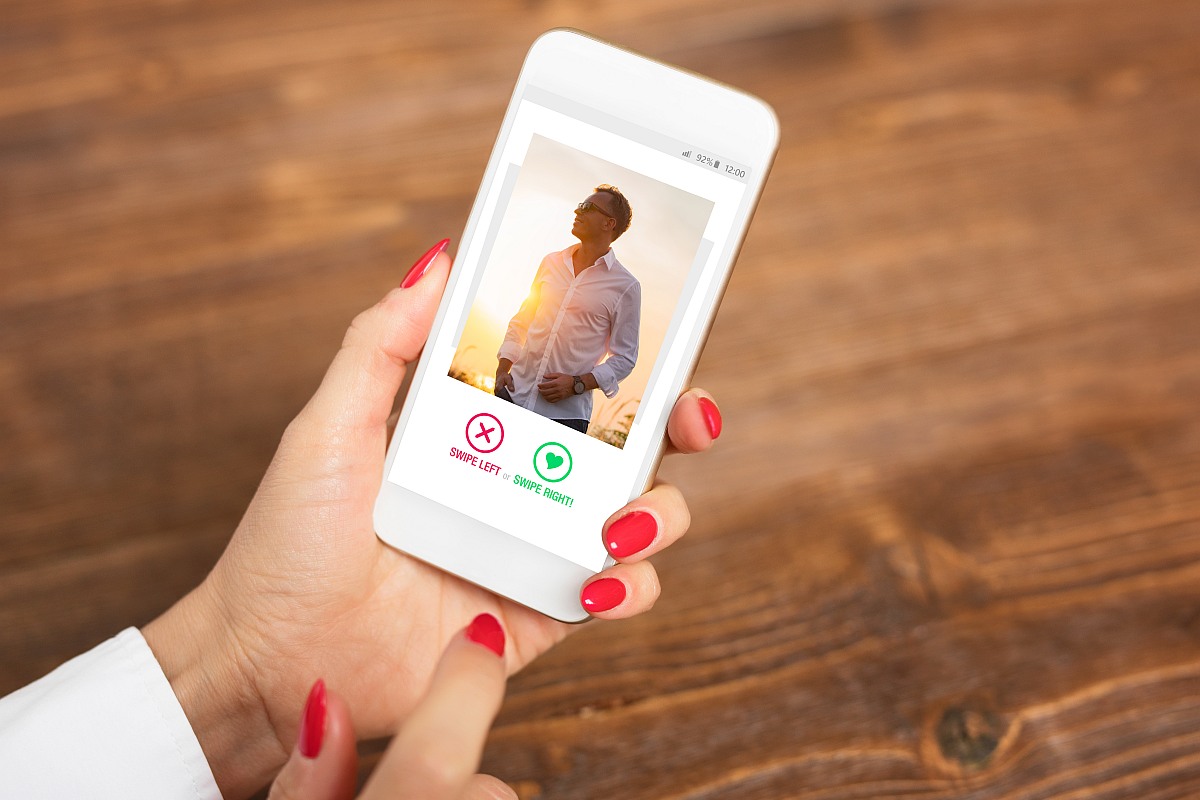Technology new strategic arena of competition, driving geo-political powerplay: Army Chief
The Army Chief said emergency procurement powers given by the Centre has helped the force to modernise itself.
Technology has ushered in a huge cultural shift in how we find love—over time, the pervasiveness of online dating has skyrocketed. Online dating has been, for the most part, normalised and accepted as a tool for making human connections.

Dating app. (Photo: iStock)
Technology has ushered in a huge cultural shift in how we find love—over time, the pervasiveness of online dating has skyrocketed. Online dating has been, for the most part, normalised and accepted as a tool for making human connections. The revenue from this industry and its frequency of use are astronomical.
With dating apps like Tinder, Bumble, Grindr, Hinge and Badoo, the breadth of the proverbial playing field has taken on new dimensions in cyberspace. These platforms are exponentially expanding the potential for both connections and rejections, with the latter negatively impacting self-esteem and increasing anxiety. Making sure that you are aware of the potential pitfalls of dating apps — and are in the right mental space to start swiping — can help ensure that looking for love isn’t also taking a toll on your mental health.
While apps allow for a much more diverse dating experience, some users experience negative effects on their mental health. One survey shows that 49% of users with a pre-existing mood disorder report depressive symptoms triggered by online dating. Those who are more emotionally vulnerable and seeking external validation feel these impacts. Even if an individual is not exasperating pre-existing mental illness, these apps can potentially negatively impact anyone who’s swiping.
Advertisement
Here are 3 common ways dating apps negatively impact mental health:
1. Cause Stress & Anxiety
Sometimes less is more when it comes to dating. With apps, you’re given a wide pool of potential candidates that may end up overwhelming rather than intriguing you. You may feel pressure to respond to every match or visit the site every single day. It’s reported that dating app users face three times the amount of stress compared to non-users.
2. Poor Body Image
Online dating is often associated with poor body image and body dysmorphia. Without that personal connection during a first impression, many view dating apps as putting your best face forward and believe matches are only made based upon physical attraction. This leads to self-judgement and comparison to others. A 2016 study found that Tinder users reported lower levels of self-esteem, especially focused on dissatisfaction with their physical looks and shame towards their body image.
3. Lower Self-Esteem
In essence, any dating app is bound to set you up for rejection. It’s not possible to match with every single user. While rejection has always occurred, the world wide web allows for much more volume of potential dismissals and even created phenomena like “ghosting”. Some users may engage in destructive thoughts and take each non-match very personally.
As people spend more and more time online looking for love, they also become more likely to experience depression and anxiety. For dating apps in particular, the simple fact that you are evaluating other people’s profiles can impact self-esteem and confidence, and make users feel objectified. In one study, users of a dating app reported that they were less satisfied with their looks and body type than non-users, seemingly internalising what they perceived to be evaluations of themselves.
Numerous studies have linked lengthy periods of internet use, including time spent on dating apps, to negative mental health outcomes. Positively engaging with the world outside of your phone is critical in balancing your outlook and your sense of self.
Advertisement